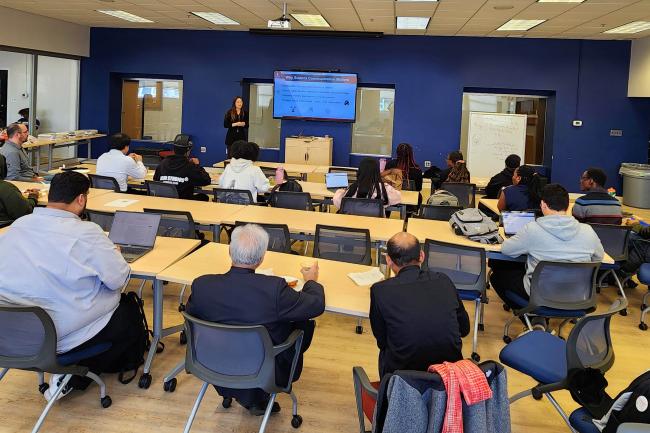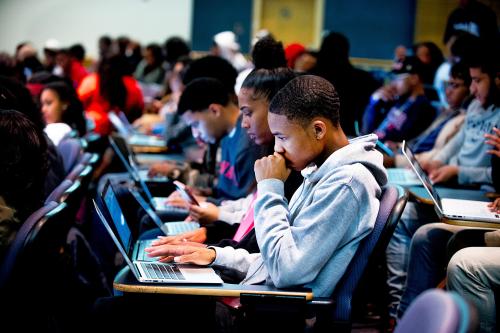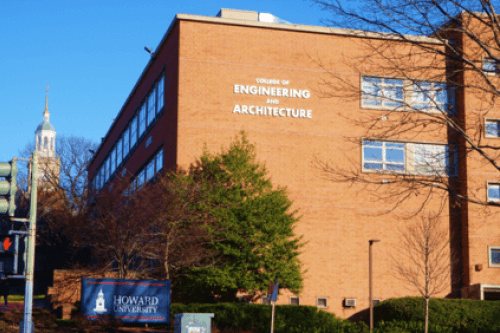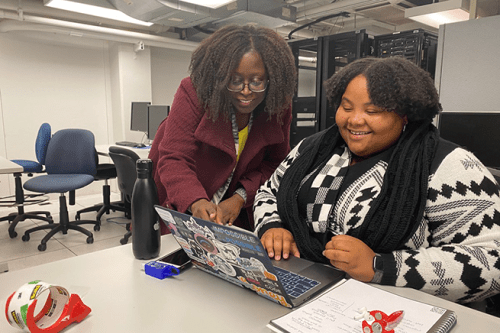In April, a science communication workshop titled “Bridging Science and Public Understanding” was held at Howard University. This initiative, supported by the Public Engagement Content Award from Research! America, focused on helping STEM students develop critical skills to communicate their research to non-expert audiences.
Why This Matters
Scientific progress doesn’t exist in a vacuum; it depends on public understanding and trust. From health to sustainability, the consequences of misunderstood or misrepresented science can be significant. This workshop aimed to close the gap between complex research and public dialogue by equipping students with real-world communication tools.
Workshop Highlights
This in-person scientific communication workshop featured four guest speakers who presented their research in accessible and engaging ways. Dr. Mairui Zhang discussed up-cycling waste biomass into green insulation material. Dr. Linjing Jia introduced her work on bioprocess development for efficiently conversion of nonrecyclable fiber rejects into polyhydroxybutyrate. Dr. Dan Feng shared advances in roll-to-roll manufacturing for flexible devices. Finally, Dr. Cristiano Reis spoke about rethinking waste with the help of microbes.
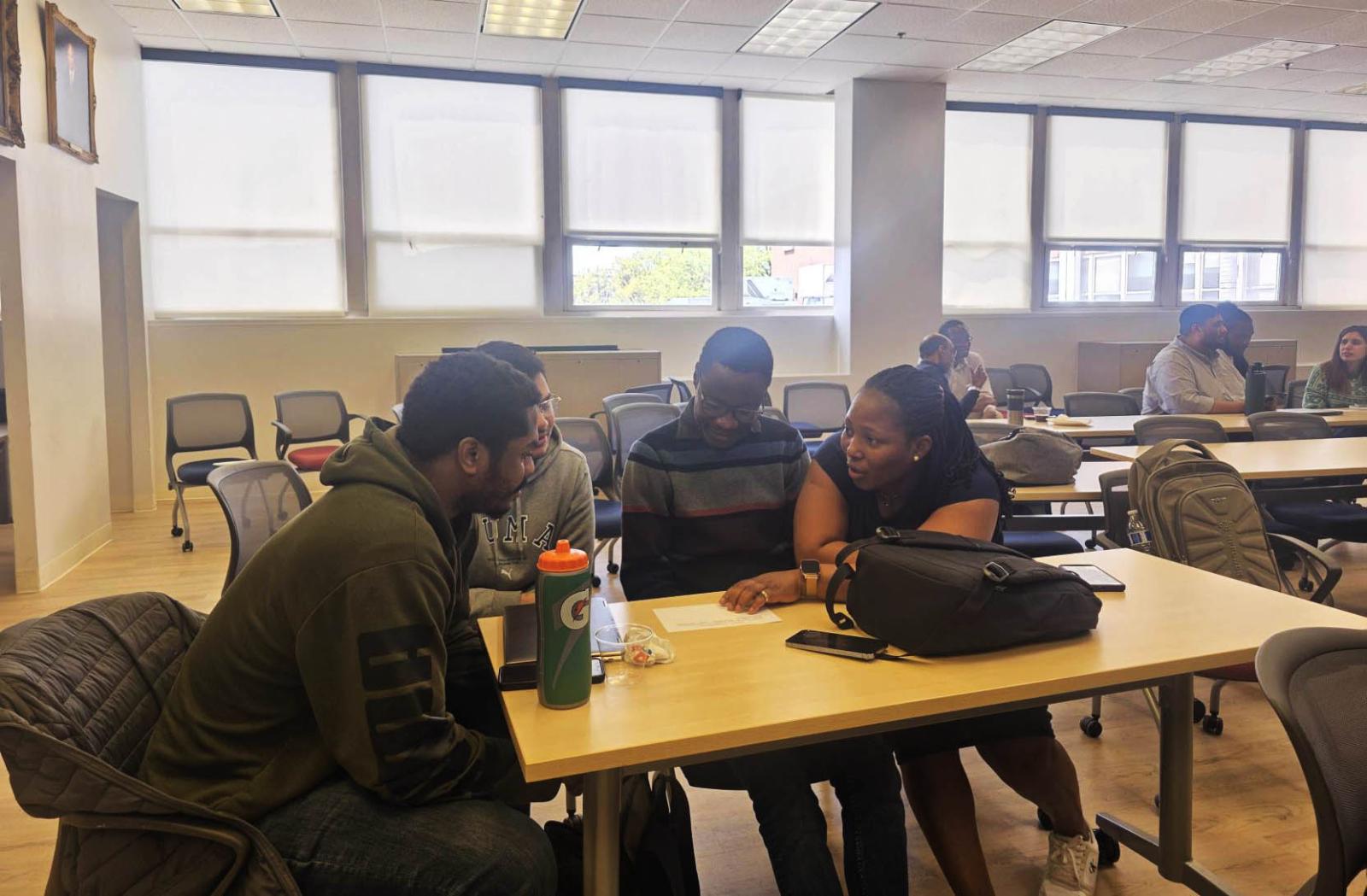
In addition to speaker presentations, participants engaged in hands-on exercises designed to help them practice translating technical language, addressing misinformation, and adapting science messages for different audiences. The workshop fostered peer engagement, encouraged dialogue and reflection, and helped build participant confidence in science communication.
The audience included 73% undergraduate students, 23% graduate students, and 4% postdocs or faculty members. The energy in the room was collaborative and inspiring, with students working in small groups, sharing feedback, and reflecting on how they could apply these skills in their own work.
Reflections and Next Steps
The workshop impressed participants and sparked meaningful discussions about the role of communication in scientific practice. Many students said the workshop helped them think more deeply about how their research connects to the real world and how to make their findings more accessible to the public.
These comments echoed the widespread recognition among participants that science communication is not just a skill but a responsibility. Participants gained practical strategies for structuring information, such as using analogies to explain complex ideas and building trust through transparency and empathy. Overall feedback reinforced the value of integrating science communication training into the formal education of STEM students.
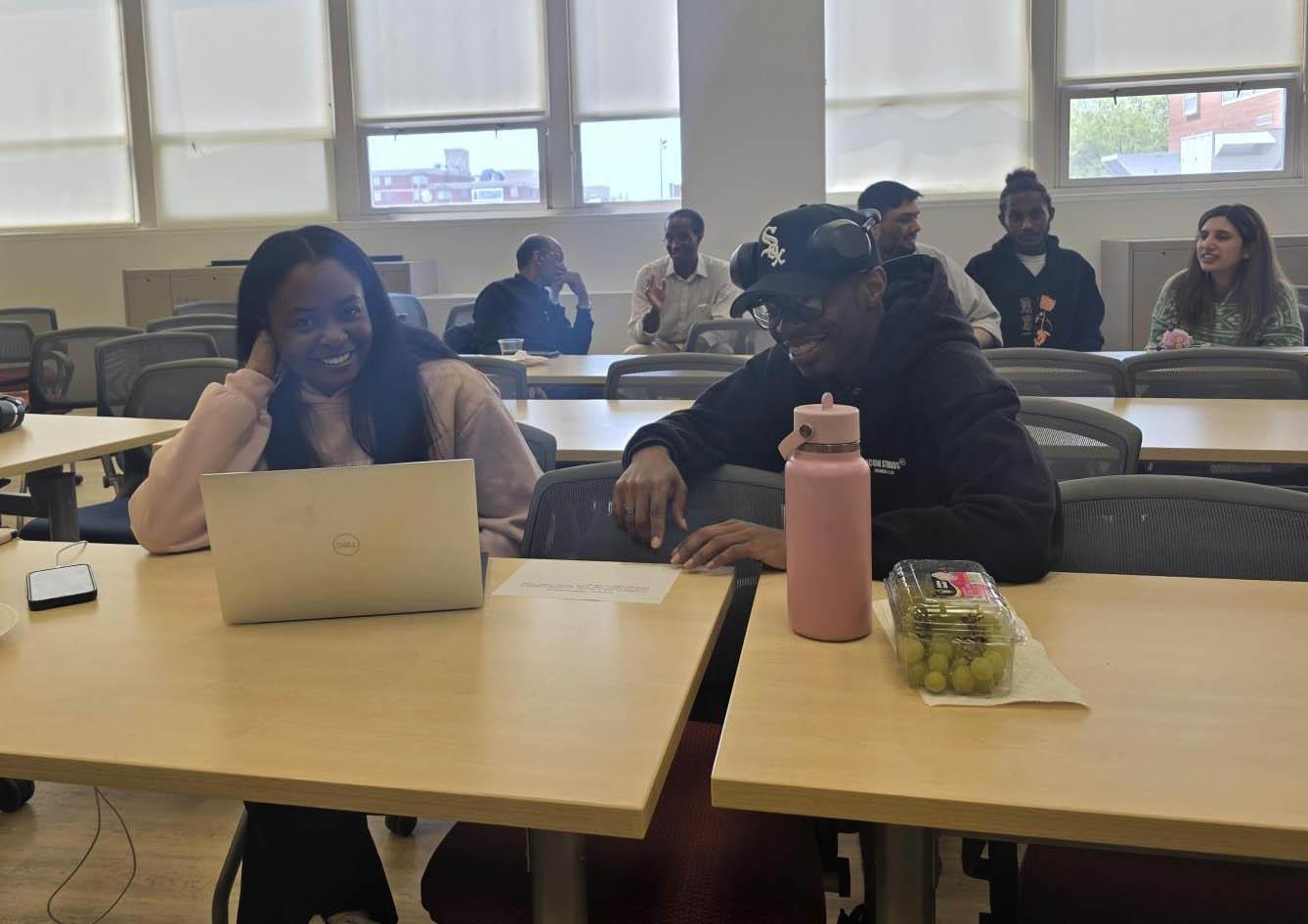
Materials from the workshop can be found in the newly launched public online curriculum. This self-guided training is designed for students, educators, and early-career researchers who want to build their science communication skills.
Building on the success of this workshop and the accompanying online course, there are plans to integrate science communication training into future curriculum at Howard University. Efforts will also be made to collaborate across disciplines to expand the training's reach and adapt it to the needs of diverse fields and students. In the long-term, the goal is to empower a new generation of scientists who not only conduct meaningful research but also foster public understanding and trust in science.
Article contributed by Anqi Ji, Ph.D., assistant professor in the Department of Chemical Engineering.


